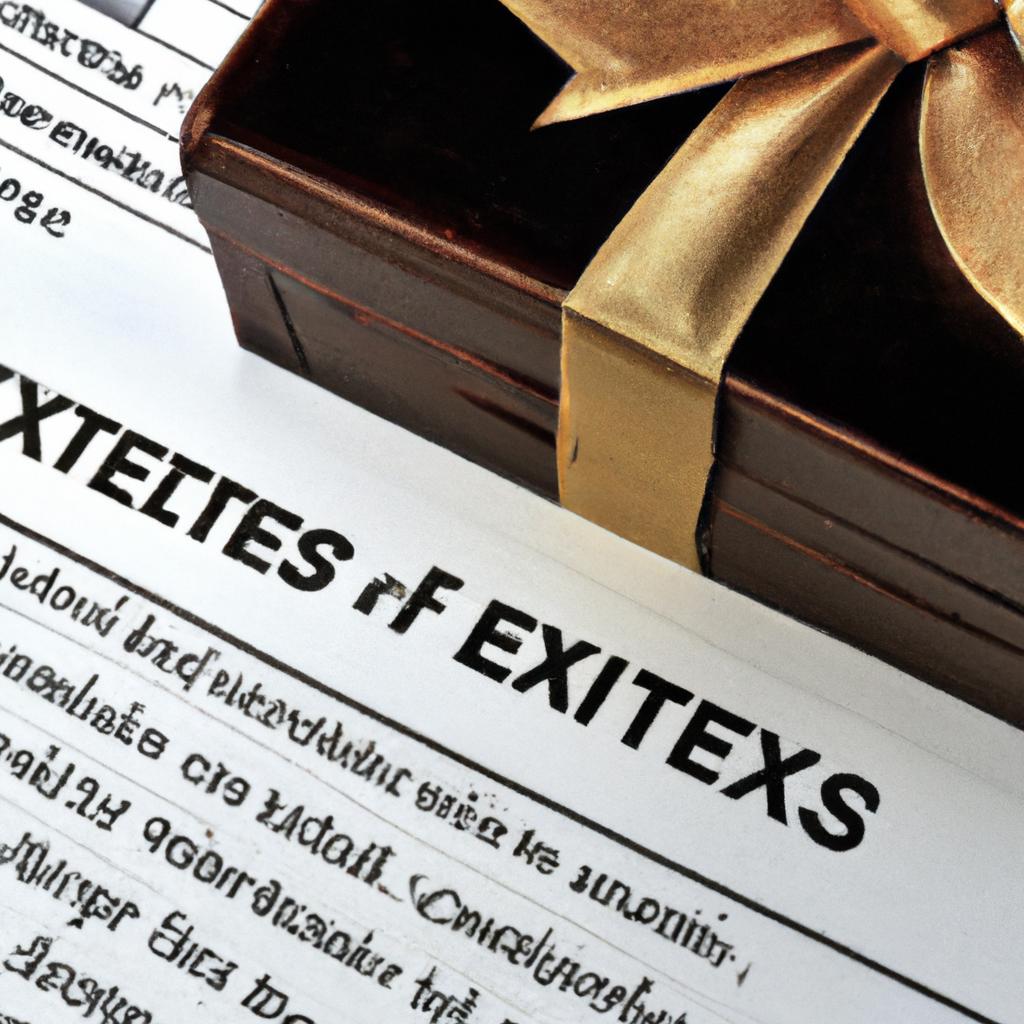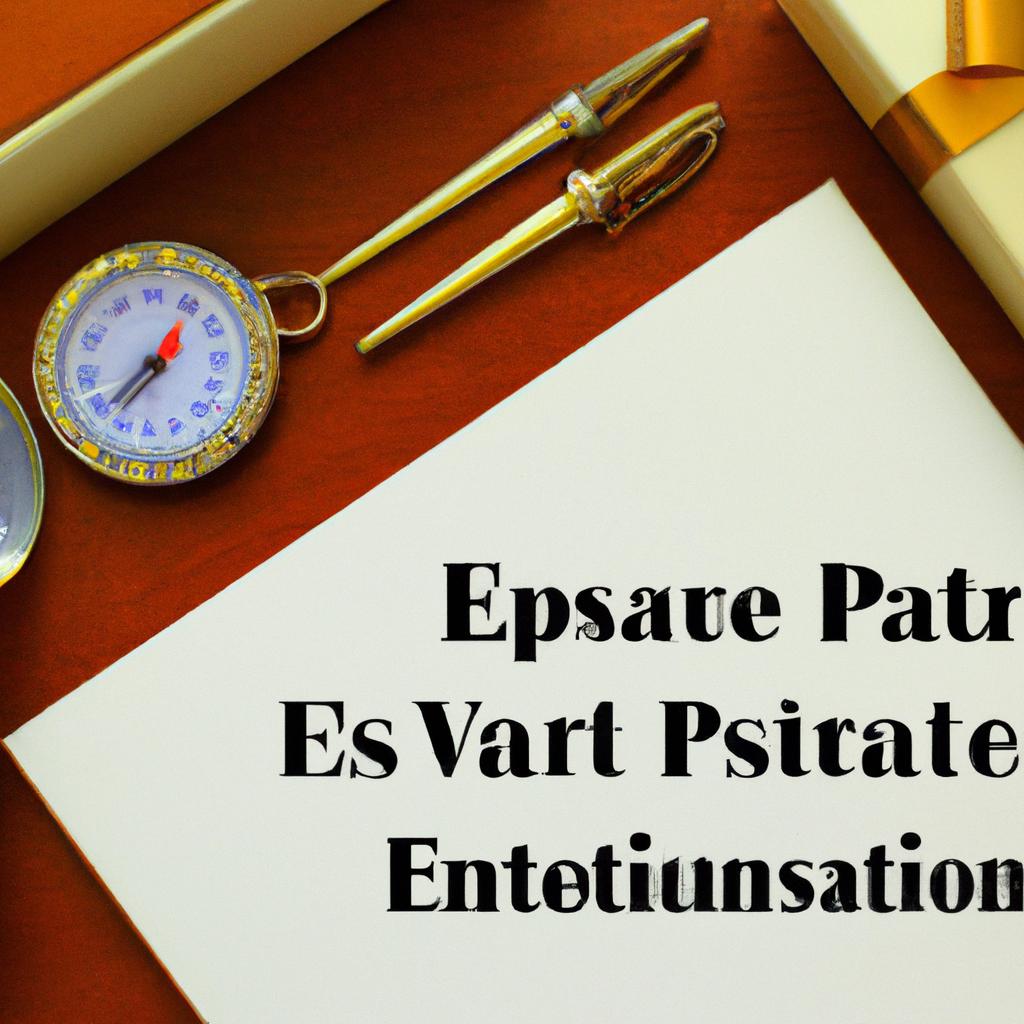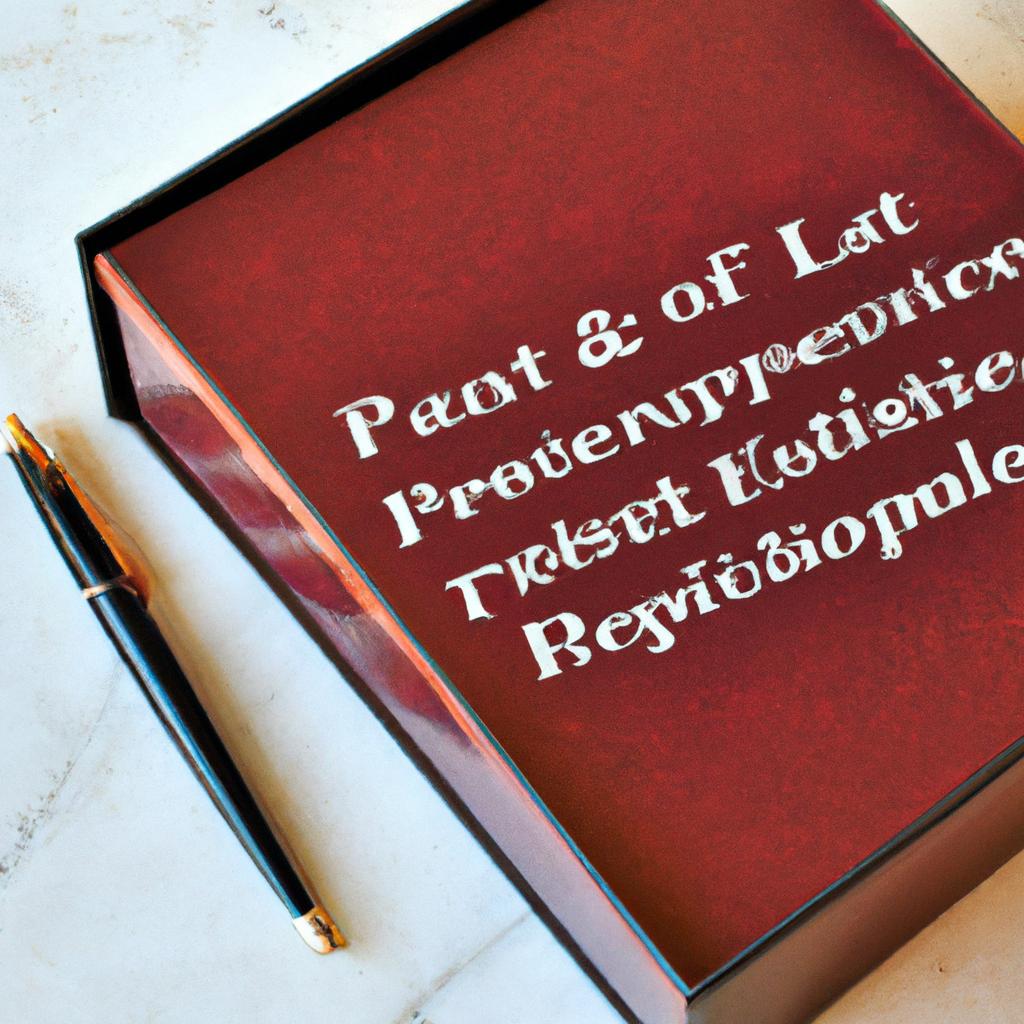In the realm of estate planning, individuals often face the decision between making a bequest or a gift to their loved ones. While both options involve the transfer of assets, understanding the nuances between the two can greatly impact the distribution of one’s wealth. As experienced attorneys at Morgan Legal Group in New York City, we specialize in guiding our clients through the intricate process of estate planning. Join us as we delve into the complexities of bequests and gifts, to help you make informed decisions for the future of your estate.
Bequest vs Gift: Understanding the Legal Distinctions
When it comes to estate planning, it is essential to understand the legal distinctions between a bequest and a gift. While both involve transferring assets from one party to another, there are key differences that can impact the distribution of assets and tax implications. Here, we dive into the nuances of bequests and gifts to help you navigate the complexities of estate planning.
One of the main distinctions between a bequest and a gift lies in the timing of the transfer. A bequest typically occurs upon the death of the testator, as outlined in their Will. On the other hand, a gift is a transfer of assets during the donor’s lifetime. Additionally, bequests are subject to probate, while gifts may be subject to gift tax depending on the value of the assets transferred. Understanding these distinctions is crucial for ensuring your assets are distributed according to your wishes and minimizing tax liabilities.

Key Differences in Tax Implications Between Bequests and Gifts
When considering the tax implications of bequests and gifts, it is essential to understand the key differences between the two. Bequests, which are gifts made through a last will and testament, are typically subject to estate taxes. On the other hand, gifts made during one’s lifetime may be subject to gift taxes. It is important to note that the tax rates and thresholds for estate taxes and gift taxes differ.
Additionally, the timing of when the tax is due varies between bequests and gifts. Estate taxes on bequests are typically due when the estate is settled and the assets are distributed to beneficiaries. In contrast, gift taxes on gifts are generally paid by the donor at the time the gift is made. Understanding these is crucial when planning your estate to minimize tax liabilities and ensure your assets are distributed according to your wishes.

Navigating the Complexities of Estate Planning: When to Choose Bequests Over Gifts
When it comes to estate planning, the decision between bequests and gifts can be a complex one. Both options have their own advantages and considerations that must be taken into account to ensure that your wishes are carried out effectively. Bequests, which are gifts made through a person’s will, are often chosen for their flexibility and control. With a bequest, you can specify exactly how and when your assets are distributed after your passing. This can be particularly useful if you have specific desires for how your estate should be handled.
On the other hand, gifts can be a beneficial option for those looking to reduce their estate tax liability or provide financial assistance to loved ones during their lifetime. Gifts can be given in various forms, such as cash, real estate, or stocks, and can be a tax-efficient way to transfer wealth. However, gifts do have limitations in terms of control, as once the gift is given, the recipient has full ownership of the assets. Understanding the nuances of bequests and gifts is essential when planning your estate to ensure that your wishes are followed and your loved ones are provided for.

Practical Considerations for Crafting an Effective Estate Plan with Bequests and Gifts
Estate planning is a crucial aspect of ensuring that your assets and property are distributed according to your wishes after you pass away. When considering bequests and gifts in your estate plan, it is essential to understand the differences between the two and how they can impact your overall estate planning strategy.
Bequests refer to specific gifts of assets or property that are outlined in your Will and are distributed to designated beneficiaries upon your death. On the other hand, gifts are transfers of assets or property made during your lifetime, which can encompass a wide range of items such as cash, real estate, personal property, or investments. Both bequests and gifts play a vital role in estate planning, and it is important to carefully consider the implications of each in crafting an effective estate plan.
Q&A
Q: What is the difference between a bequest and a gift?
A: A bequest is a gift left to someone in a will, typically given after the benefactor has passed away. On the other hand, a gift is a present that is given while the benefactor is still alive.
Q: Are there any legal differences between bequests and gifts?
A: Yes, there are legal distinctions. Bequests are legally binding and outlined in a will, while gifts may or may not have legal documentation depending on the value and specific circumstances.
Q: How do bequests and gifts impact taxes?
A: Bequests are typically subject to estate taxes and may impact the inheritance tax of the recipient. Gifts, on the other hand, may be subject to gift tax if they exceed a certain value.
Q: Is there a difference in the sentimental value of a bequest versus a gift?
A: The sentimental value of both a bequest and a gift can vary depending on the relationship between the benefactor and the recipient. However, bequests may hold a special significance as they are often a final gesture from the deceased.
Q: Can bequests and gifts be revoked or changed?
A: Bequests outlined in a will are generally considered final and legally binding, while gifts can potentially be revoked or changed by the benefactor while they are still alive. It is recommended to consult with a legal expert for guidance on changing or revoking either.
In Summary
In conclusion, the choice between bequest and gift ultimately depends on the individual’s specific circumstances and preferences. Both options offer their own unique advantages and considerations, making it important to weigh the pros and cons before making a decision. Whether you choose to leave a lasting legacy through a bequest or enjoy the immediate gratification of gifting during your lifetime, the act of generosity itself is a meaningful and powerful way to impact the world around you. Whatever path you may choose, the true value lies in the spirit of giving and the joy of making a difference in the lives of others.






